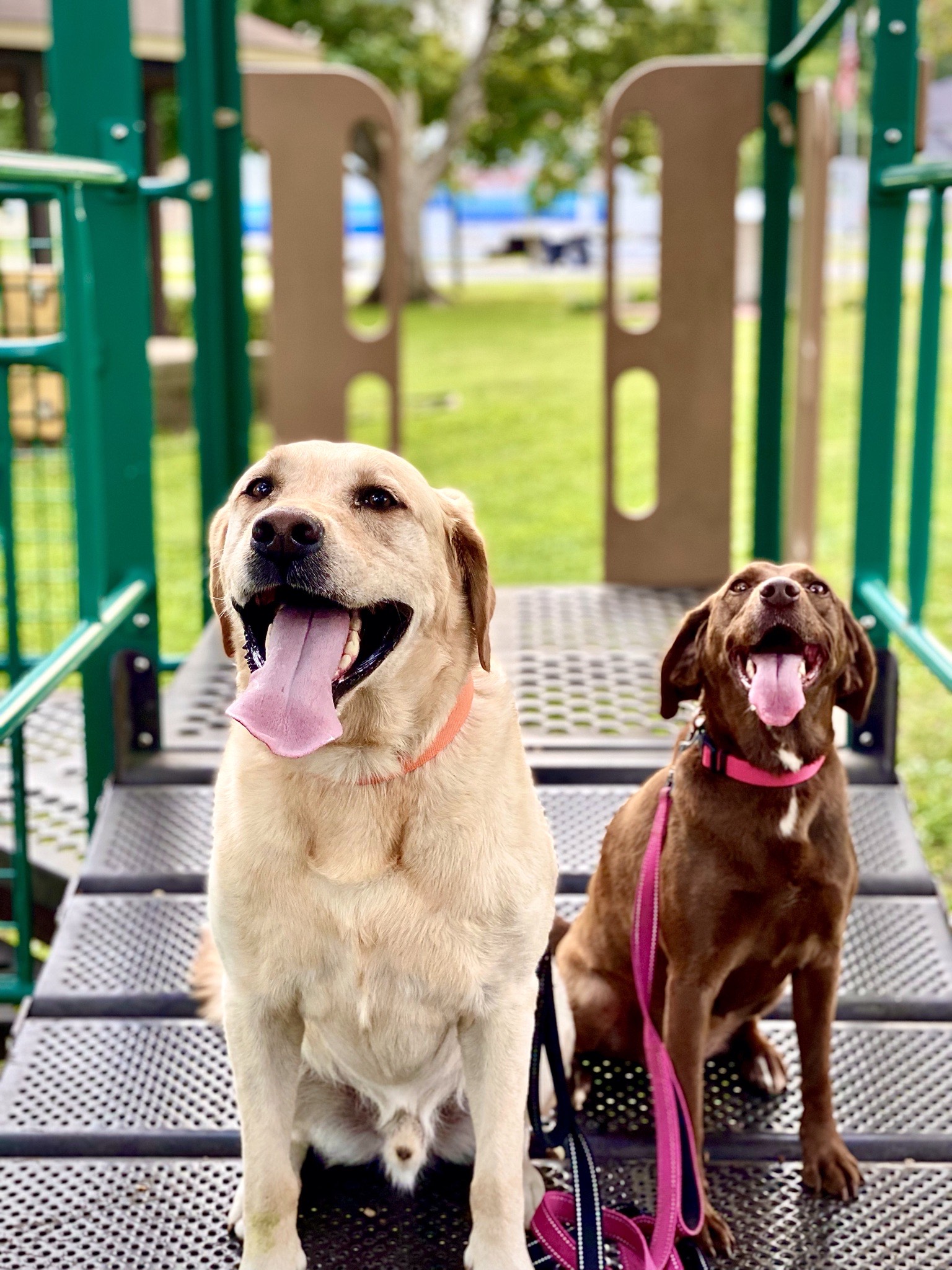Weight Management
Spring is coming! Winter is over and it’s time to shed the extra pounds from snacking and snuggling on the couch. Owners aren’t alone in their struggles with weight. 59.5% of American cats are overweight and 55.8% of American dogs are overweight. 33.8% of cats are obese and 18.9% of dogs are obese. Overweight and obese pets are more likely to have a shortened life expectancy, diabetes, reduced mobility, arthritis, increased physical injury, respiratory disease, kidney disease and cancer. Diet, exercise and underlying health problems can all contribute to excess weight gain.
Diet Information Helps
Diet plays an important role in a pet’s weight. Many pets are simply overfed. A recent study states that 90% of pet parents don’t know their pet is overweight. It is important to know your pet’s ideal weight. Hill’s has published a Body Fat Index chart for owner use https://www.hillsvet.com/content/dam/cp-sites/hills/hills-vet/global/weight-imc/HUS54073_Weight_CoreIMC_Vet_BFI_DogCat_LR.pdf . Once your pet’s ideal weight is determined, consult the pet food bag for feeding directions. A pet should be fed according to what their ideal weight would be. We always encourage measuring your pet’s food using a true measuring cup. Pets should have a consistent volume of food every day. Ask for one of our free measuring cups when you come in for your pet’s next visit.
Healthy Treats Can Help
Also, consider the treats your pet may be receiving. Extras such as treats and table scraps should comprise no more that 10% of your pet’s daily calorie intake! Hill’s offers a line of weight management treats Metabolic Canine Treats (hillspet.com) or Metabolic Feline Treats (hillspet.com). Apple slices, blueberries, banana slices, cucumbers, green beans, baby carrots, broccoli florets, fresh shelled peas, and boiled, boneless skinless chicken breast are some other healthy treat options. Ensure your pet is not obtaining food from sources other than you. Food from other pets’ dishes or eating the children’s snacks is not recommended.
Exercise allows your pet to burn calories and is a great bonding experience! Exercise provides both physical and mental stimulation. Consider your pet’s age, your ability and your resources when making an exercise plan. Popular forms of exercise include:
- Walking – Check out the American Veterinary Medical Association’s tips for successful walks with your dog or cat https://www.avma.org/resources-tools/pet-owners/petcare/walking-your-pet .
- Dog Parks – Dog parks can be a lot of fun for your canine friend. They offer smell stimulation, exercise, and social interaction. Dogs visiting the parks must be fully vaccinated and well socialized for a visit that is enjoyable and safe.
- Toys – playing fetch, laser lights, mice on a string are all great ways to stimulate inside play when going walking isn’t an option. Watch young pets especially to make sure any strings or small pieces of toys are not ingested.
- Swimming – Swimming allows a pet to exercise with less wear and tear on their joints. It can also be a therapeutic exercise for a pet recovering from an injury.
Check Their Weight
After your companion’s diet and exercise plan is in place, monthly weight checks are vital. Weight checks are essential to ensure your hard work is paying off. We offer free weight checks at each client’s convenience. Call our clinic today to schedule a weight check. Your pet’s goal should be weight loss of 0.5-2.0 % of a pet’s body weight per week. If you’re tracking treats given, have reduced food intake, and increased exercise but your pet still isn’t losing weight please schedule a visit with Dr. McFarland. She will offer nutritional counseling and address obstacles in weight loss. Health issues like Cushing’s disease or Hypothyroidism should be ruled out. A prescription for a weight management food could be necessary.
Hill’s Pampered Pet Package
To raise awareness on pet obesity, Hill’s is offering a chance to win a Hill’s Pampered Pet Package through March 31st. Visit endpetobesity.com/win for your chance to win $5,000 for use on Hill’s food, vet wellness visits and grooming. Wags and Whiskers Veterinary Service would love to see all of our patients fit and trim. Thinner pets live longer, happier, healthier lives. If your pet struggles with weight, we’d love to help your pet become a better version of himself with a weight management consult.
